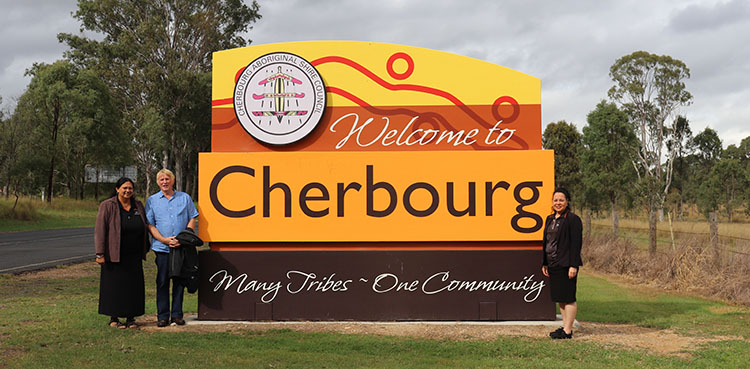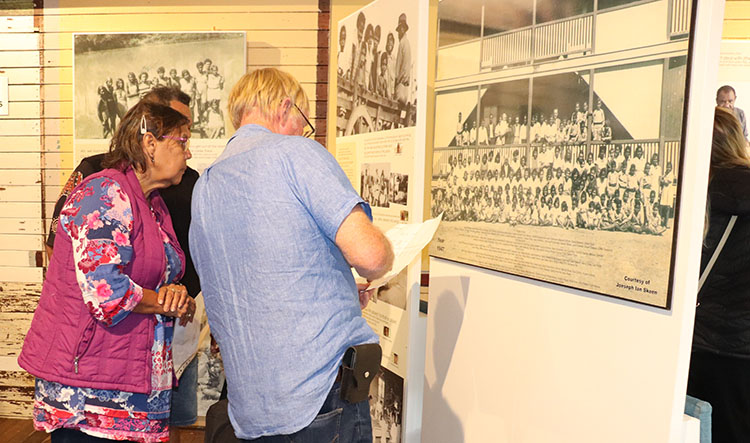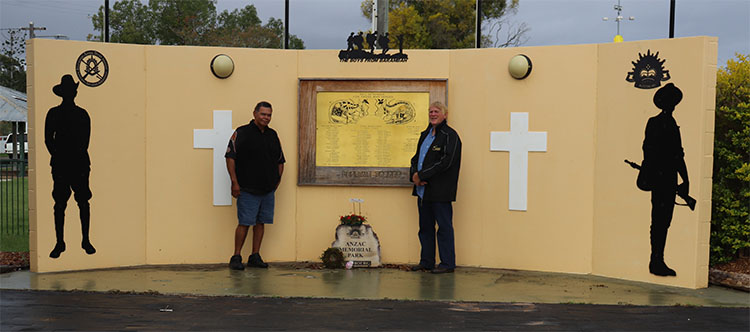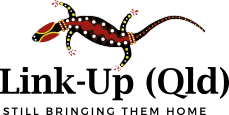Barry Cornford (Anderson, Conlon) always had strong feelings towards all things Country, but his adoption didn’t mean much to him as he grew up, even though he always had those questions.

Hello, my name is Barry Cornford, I was born in September 1953, which makes me 68 years old at the time of writing. I was adopted not long after I was born. I was the only child in my adoptive family and very much loved. I am part of a very large farming family on the Darling Downs. I have always had a strong feeling towards the land, animals, trees and all things country.
At the age of 13, my parents left the land and moved to the Gold Coast, but I still loved the beach, surf and all things that a teen aged blonde surfie kid of the 60s lived for. On and off, my parents would talk about my adoption but not much. It meant very little to me. When I left school, I joined the army for three years. After that, I joined the PMG (later Telstra) and remained with them for 34 years as a Residential Technician working mainly on Brisbane’s south side. I married (later divorced) and had two children and three grandchildren. Later I remarried and now have a step-son and two further grandchildren.
All of my life, I had that question of WHO, WHAT, WHERE, WHEN and WHY. What made it stronger was the fact that I was the only, blonde haired, blue eyed, freckled member of my big family.
Around the age of 50, I was separated and wanted to start a new life. I felt the need to find some answers. I found my adoption certificate with birth mother’s name on it. I found out that she was single but no other information.
By 2003, my adoptive parents had both passed away.
Through Births, Deaths and Marriages, I was able to obtain my original birth certificate which gave me more information. However, it was stamped, NOT FOR OFFICIAL USE, in red ink. I got my reissued birth certificate with my new surname on it and I also contacted the Salvation Army to help track my birth mother. They sent her a letter on my behalf. After about three months I got a reply. My birth mother had married (not to my father) and I had a half brother and sister all living in Melbourne. They all felt a strong love of country. After a time she told me her mother was of Aboriginal descent, a fact that was rarely talked about. But she did know her mother and sisters were born around Thargomindah and were removed from Cunnamulla and sent to Cherbourg.
At the age of 13, she and her sister were sent to Brisbane to work as home help in Clayfield. In 1922 her mother and her sister were given an Exemption. In 1927, she married my grandfather who was a policeman. For the next 30 years, they travelled all over Queensland.
My birth mother and sisters did not speak of their mother very much. They said their mother – my grandmother – could be very cold, showing no feeling or empathy towards them. However they were all brought up well, receiving a good education. My mother did say that she always wanted to meet her mother’s family but that book was closed and locked. She did ask me if I could find out some information. All I knew was my great grandmother’s surname was Anderson/Conlon.
About six years ago we contacted a government department in William Street. After about two months they gave us information on my family tree. Next step was making contact with Link-Up (Qld).
By this time, my aunt in Brisbane had passed away and my birth mother and I had become estranged. After many meetings and discussions, I found myself in Cherbourg supported by Alison, Christine and Darryl from Link-Up. Armed with an extensive family tree, we checked into the Council Administration in Cherbourg. It was here that I met a distant relative. We then went to the Ration Shed and Boys’ Dormitory. It was a lot to take in. One day, I would like to return.

Things that I learnt:
- Children were separated from their parents and brothers and sisters were placed into separate dormitories.
- Food was questionable.
- Discipline could be brutal.
- There was no sign of love or empathy.
- Children could not talk to their parents.
- People were expected to learn a whole new way of life and lose their culture and language.
- Any non-cooperation, led to the people being sent even further away.
- There was no opportunity for their culture to be preserved.

I was a little sad that I could not find my great grandmother’s grave. Many graves were not named and there are no records. I am grateful for what I have found. I have not added any names to this story as I believe this is a private thing. I am now very proud to say that I am a True Australian of 2022. I am a First Nations man but also have some Irish and German descent. I am English by adoption and a farming kid. I am writing this with the hope one day I could find out more information about the Andersons from Thargomindah and even find out what happened to my great aunties. I do this with the highest respect to all, both my natural and adoptive family. I was brought up to respect all of those who have come before me. I feel that I can truly call Australia home in the truest sense of the word.
Published 23 June 2024.



